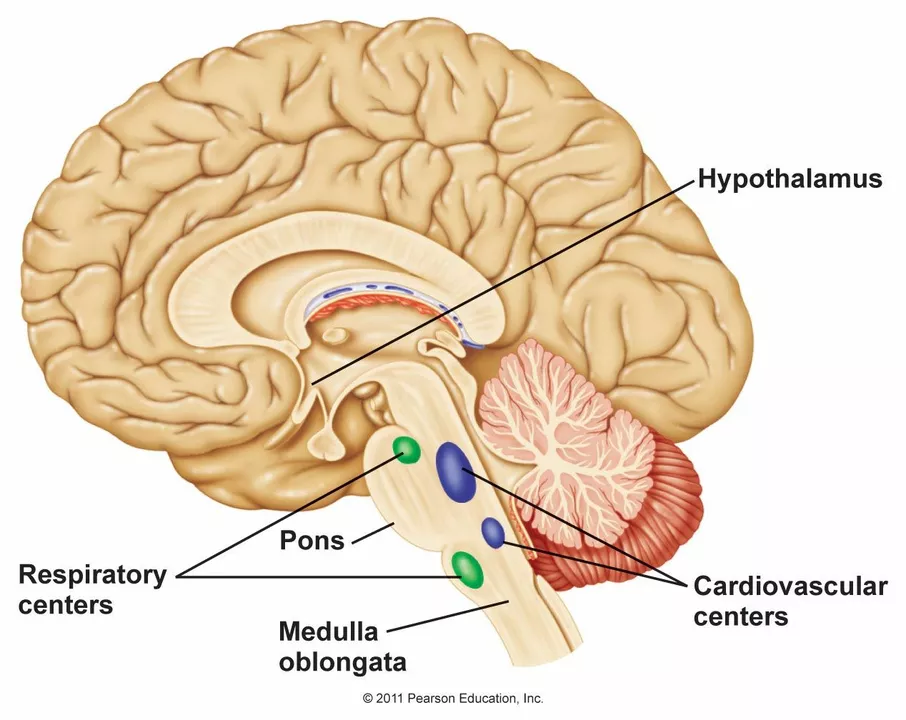Brain tumors: signs, tests, treatment & what to ask
Brain tumors can be confusing and scary. They range from slow-growing masses that you monitor for years to aggressive cancers that need urgent care. Knowing the common signs, how doctors find them, and what treatment choices mean will help you act faster and feel more in control.
Symptoms & red flags
Symptoms depend on where the tumor sits and how big it is. Watch for persistent or worsening headaches (often different from usual headaches), new seizures, sudden weakness or numbness on one side, trouble speaking or understanding speech, blurred or double vision, balance or coordination problems, and changes in thinking or personality. Red flags that need immediate care include a sudden severe headache, new-onset seizure, sudden loss of vision or speech, or rapid decline in alertness.
Diagnosis and treatment options
Diagnosis starts with imaging. MRI with contrast is the most useful test to see a brain lesion; CT scans help in emergencies. A biopsy or surgical sample gives the exact tumor type and grade—this guides treatment. Other tests may include blood work, neurologic exams, and sometimes spinal fluid tests.
Treatment depends on tumor type, size, location, and your overall health. Common approaches are:
- Surgery to remove as much tumor as safely possible.
- Radiation therapy to target leftover cells or tumors that can’t be removed.
- Chemotherapy or targeted drugs for certain tumor types.
- Immunotherapy and newer small-molecule drugs for select cases or clinical trials.
- Supportive care like steroids to reduce swelling, anti-seizure medicines, pain control, and rehab services (physical, occupational, speech therapy).
Sometimes the best choice is watchful waiting with repeat MRIs, especially for small, slow tumors. Other times, a combined plan (surgery + radiation + drug therapy) offers the best outcome. Clinical trials can be a good option if standard treatments are limited.
When you visit a specialist, bring a clear list of symptoms, current medications, prior imaging or reports, and a short medical and family history. Ask specific questions like: What type and grade is the tumor? What are the treatment goals? What side effects should I expect? Are there clinical trials? What support services do you offer?
Care decisions are personal. Get a second opinion if you feel unsure—most hospitals welcome them. Include caregivers in conversations and plan for rehabilitation and symptom relief from day one. Mental health support and practical help with daily tasks make a big difference.
If you need reliable info, start with your neuro-oncology team or major cancer organizations and academic hospitals. Keep notes during appointments, ask for written plans, and don’t hesitate to push for clarity. Clear questions lead to clearer choices, and that helps you move forward with confidence.
I recently came across some interesting research about the connection between Central Cranial Diabetes Insipidus (CCDI) and brain tumors. It turns out that CCDI, a rare hormonal disorder, can be caused by brain tumors affecting the pituitary gland or hypothalamus. In these cases, the production of the hormone vasopressin is disrupted, leading to excessive urination and thirst. Early diagnosis and treatment of the tumor can help manage CCDI symptoms and improve overall health. This information is crucial for raising awareness and promoting a better understanding of the link between these two conditions.

